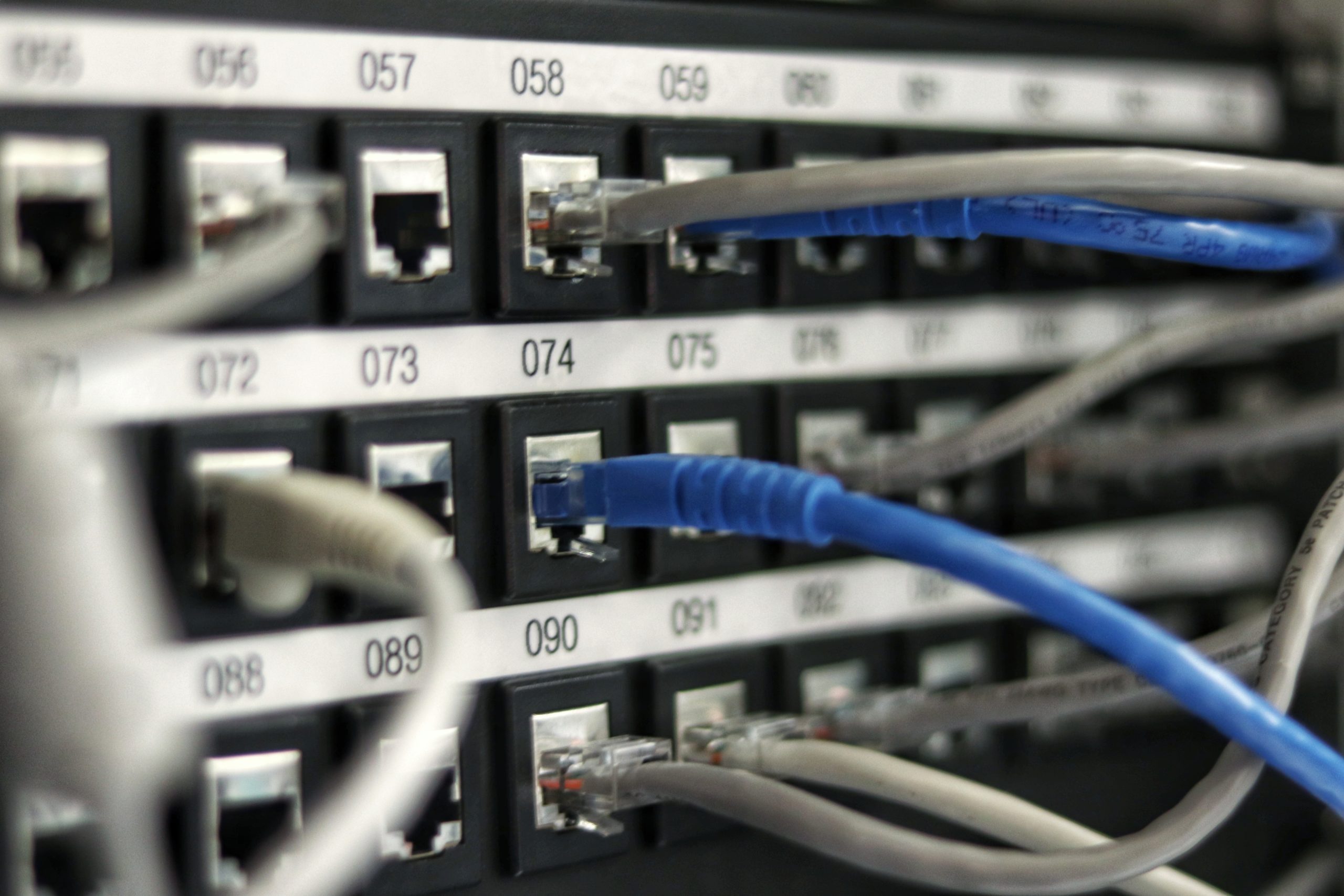Satellite internet has a strength that keeps it alive in every article and discussion on internet connections. Its limitless availability is unmatched by any of the high-speed internet connections in the industry. No matter where you live in the country, you can get a satellite internet connection. There is only one catch though; you must have a clear view of the southern sky. As long as the view is fine, there is nothing to worry about.
However, such extensive availability does not come cheap. Satellite internet can get quite expensive and the lower bandwidth, higher ping, and data caps are not the stuff of anyone’s dreams either. However, most of the users opting for satellite internet do not have any other option available at their location so it is a “beggars can’t be choosers” kind of a situation.
Cable internet, on the other hand, offers a great combination of prices, availability, and speeds. Download speeds can go up to 1 Gbps which is provided through fiber-optic in limited areas. Many ISPs (internet service providers) offer DSL and Fiber-Optic both in addition to cable internet. Examples of such high quality internet providers could be CenturyLink or Frontier.
The prices offered are much more affordable as compared to satellite internet and you have the added advantage of bundling TV and home phone to further lower the rates. However, prices vary according to location so you could be paying different rates for the same services at different locations.
How Do They Work?
Satellite internet is provided through satellites orbiting the Earth instead of through underground cables. A dish antenna is mounted on your roof that catches the signal from satellites in space and sends that signal to your modem, which in turn converts them to readable signals for your devices.
Due to the technology being used, satellite internet is available throughout the United States, provided there isn’t anything obstructing the view of the southern sky. Therefore, it is usually the preferred choice for people in rural areas. However, most of the times it is also the only choice.
Cable internet, unlike satellite, is provided through the underground coaxial cables mentioned above. These wires are usually made out of copper and are covered with insulation to help transfer data much faster than phone lines that are used to provide DSL connections. Although they aren’t as fast as fiber-optic cables the wide coverage offered by the cable network is still preferred by many.
Speeds Offered
Satellite internet providers are quite limited in number in the United States. HughesNet is among the major satellite internet providers with relatively budget-friendly packages and faster speeds. Speeds offered normally only go up to 25 Mbps, which is not too bad because many people may have been living without an internet connection if it weren’t for such satellite providers. The only difference between plans is the data cap provided.
High-end plans offered by other satellite providers may even go up to 100 Mbps that is good enough for streaming videos along with any other online activities you may want to conduct. However, the problem arises with the higher latency due to the long travel distance and the imposition of data caps.
Latency or ping is not much of a problem unless you’re an online gamer. You would not be able to hook up your gaming console to the internet and play games like Call of Duty. Also, data caps are much lower for satellite internet connections and you would usually face very slow speeds once you’ve consumed all your data. Even though extra data tokens are available, that would also mean extra cost.
Cable internet providers are like bees in a honeycomb. There are dozens of them around because most of the cable TV providers can use the same wiring to provide internet and TV both. They are more cost-efficient than fiber-optic networks, hence the wide coverage.
It is much faster than satellite internet and that has everything to do with the way it is transmitted. Where satellite signals have to travel thousands of miles through space cable networks travel just a few hundred miles on Earth. So it goes without saying that even the slowest cable plans are faster than the high-end satellite plans. Especially if you are a fan of streaming services and love to play online games you would be much happier with cable internet’s higher bandwidth and lower latency.
Pricing and Plans
Satellite internet plans tend to be priced much higher than cable internet. One reason being the technology used. The equipment used is more expensive and so is the setup used to provide internet to you. Reaching users at remote locations does not come cheap. So obviously if the cost is higher so will be the price.
Cable internet subscriptions can cost you as low as just around $50, which is quite a bargain when compared to the around $150 price tag for a similar satellite internet plan. Both types of internet connections will provide you with good speeds, however, cable internet also has the added advantage of being easy on the pocket.
Which One Is Right For You?
Satellite internet can be the best choice for you if you live at a remote location or travel often. Most rural areas have Dial-up, DSL and Satellite as the only options, and among these, it is recommended to go with satellite internet, as it tends to be the fastest. It may cost more but given the circumstances, it’ll be worth it. Also, for people who move around in their RVs all the time, a satellite internet would be the perfect way to access high-speed internet.
Cable internet should always be your first choice if you have to choose between Cable and Satellite. However, it does have limited availability as compared to satellite internet’s 100% availability. Several rural parts in America aren’t covered by any cable networks, and others aren’t covered by any good cable provider, in which case it is not advisable to sign up for cable. Instead, it would be a better option to sign up for a satellite internet plan.
With that note, I drop the ball in your court. Now it’s up to you to weigh the pros and cons of both and decide whichever is better for you.







